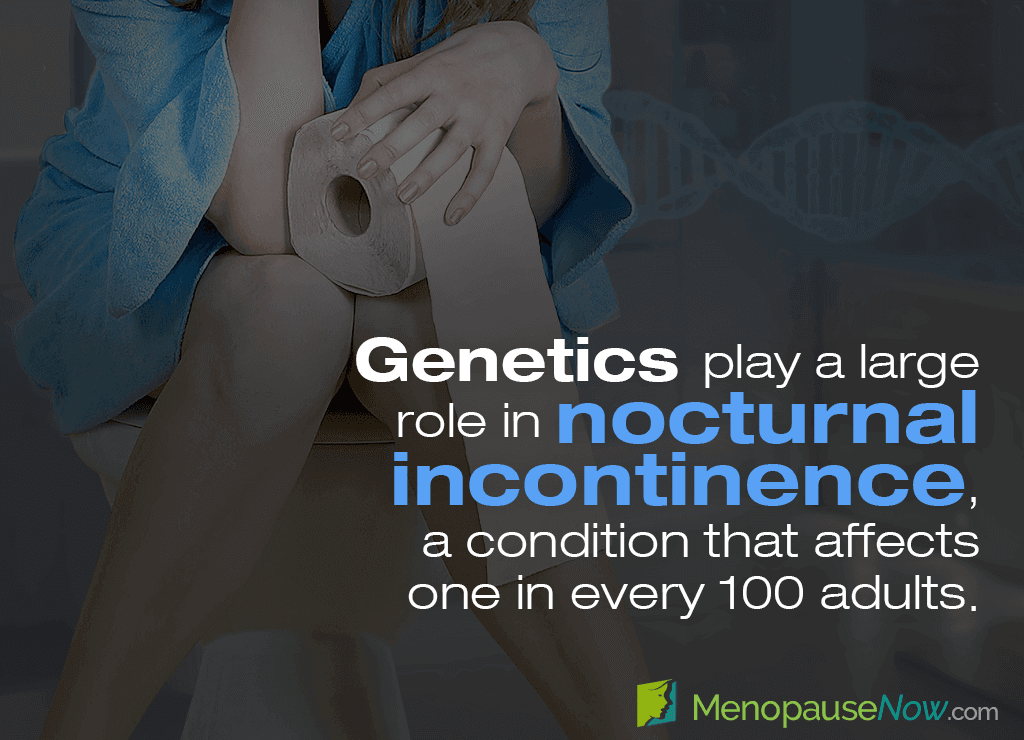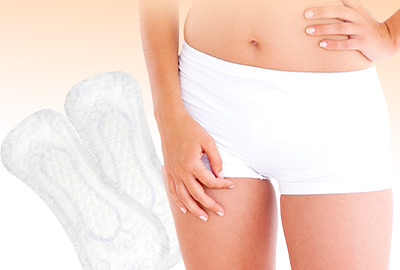Although embarrassing, night incontinence far after childhood is not an uncommon problem. As a matter of fact, it is said that one in every 100 adults is affected by nighttime incontinence, or bedwetting during sleeping hours.1 Luckily, there are effective ways to handle the condition, which can be pursued once a proper understanding of it is had.
Continue reading to learn all about nocturnal incontinence, including causes, management, and treatment options so that you can get back to having dry, restful nights once and for all.
About Nocturnal Incontinence
There are two types of nocturnal incontinence in adults:
Persistent Primary Nocturnal Enuresis. This type of bedwetting starts during childhood and continues into adulthood, with nighttime dryness not being achieved for longer than half a year. Up to 3 percent of adults suffer from this type of night incontinence.1
Adult Onset Secondary Enuresis. This type of nighttime bedwetting is when dryness has occurred for many years after childhood, but then, it starts out of nowhere at an older age.
Causes
There are several factors that can cause nocturnal incontinence during adulthood:
Genetics play a large role as adult bedwetting is often hereditary, occurring in close to 80 percent of those with both parents who wet the bed. Those with one bed-wetting parent have a 40 percent chance of doing so as well.1,2
Bladder problems that include the bladder holding a smaller volume of urine or bladder muscles being overactive can cause incontinence at night.
Stress or anxiety can provoke bedwetting episodes as well.
Side effects of certain drugs - psychiatric drugs, hypnotics, or insomnia medications - can provoke bedwetting during nighttime hours.
Hormonal imbalance of antidiuretic hormone (ADH) at night can lead to high urine production and, thus, bedwetting. Low estrogen during menopause is also a huge factor in incontinence in middle-aged women.
Medical issues that can cause sleep enuresis include urinary tract infections or stones, diabetes, neurological disorders, bladder cancer, obstructive sleep apnea, pelvic organ prolapse, or more.
Fortunately, there are effective actions to take for management and treatment.
Management
There are several methods women can undergo in order to control nocturnal incontinence. They include:
Using absorbent products for adult bedwetting, like mattress covers or briefs
Applying skincare products to protect oneself from soreness and irritation that can occur with nocturnal enuresis
Practicing pelvic floor exercises, also called Kegels
Monitoring fluid intake to limit intake in the late afternoon and evening
Setting an alarm at night to train the bladder to empty at specific times
Relieving stress with yoga, meditation, tai chi, a favorite hobby, or any other beneficial exercise
Nevertheless, women may only indulge in long-term relief by going beyond simple management techniques.
Treatment Options
Treating nighttime incontinence effectively and efficiently involves tackling the underlying cause.
For menopausal women, as hinted at earlier, treating the hormonal imbalance at fault through natural incontinence treatments will go great lengths. They are focused on instilling lifestyle changes alongside the use of alternative medicine traditionally taken for optimal endocrine system health.
Further treatment options - depending upon the severity of the nocturnal incontinence - can include surgical intervention of sacral nerve stimulation, clam cystoplasty, or detrusor myectomy; pharmaceutical drugs of anticholinergic medications, darifenacin, trospium chloride, or oxybutynin; or hormone replacement therapy (HRT), with possible side effects tied to its use.
Either way, consult with your doctor to find the best treatment for your specific case.
Conclusions
Although nocturnal incontinence in adults can be hard to bring up to a medical professional, the quicker women determine the underlying cause, the quicker they can find ultimate relief, and that will lead to a heightened quality of life. So, take initiative today for a healthier and brighter tomorrow!
Sources
- National Association for Continence. (n.d.). Causes Of Adult Bedwetting And How To Manage It. Retrieved November 20, 2019, from https://www.nafc.org/bhealth-blog/causes-of-adult-bedwetting-and-how-to-manage-it
Footnotes:
- Bladder & Bowel Community. (n.d.). Nocturnal Enuresis. Retrieved November 20, 2019, from https://www.bladderandbowel.org/bladder/bladder-conditions-and-symptoms/nocturnal-enuresis/
- National Association for Continence. (n.d.). Adult Bedwetting (Sleep Enuresis). Retrieved November 20, 2019, from https://www.nafc.org/adult-bedwetting




